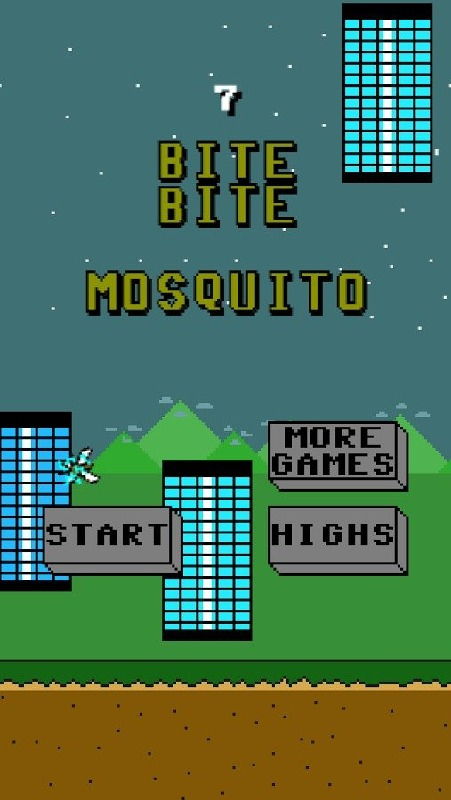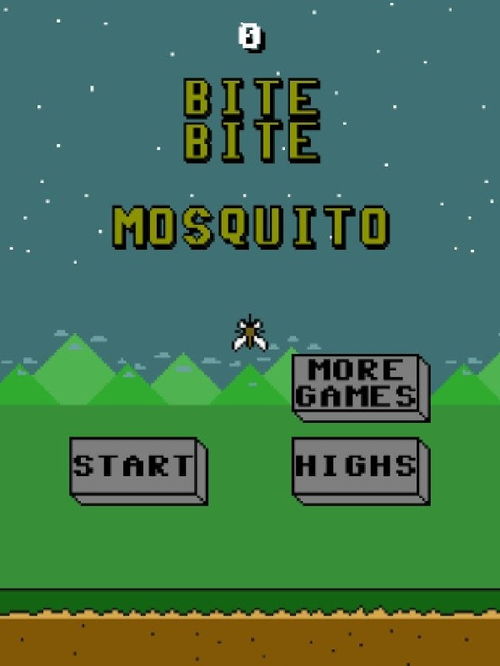
Swollen Mosquito Bite Remedy: A Comprehensive Guide
Dealing with a swollen mosquito bite can be quite an inconvenience. Whether it’s a result of an allergic reaction or simply the body’s response to the bite, finding an effective remedy can be a challenge. In this article, we will delve into various remedies that can help alleviate the discomfort and reduce the swelling caused by a mosquito bite. Let’s explore these options in detail.
Topical Remedies

Topical remedies are often the first line of defense when it comes to treating a swollen mosquito bite. Here are some popular options:
- Hydrocortisone Cream: This over-the-counter cream can help reduce inflammation and itching. Apply a small amount to the affected area and gently rub it in.
- Aloe Vera: Aloe vera has natural soothing properties. Simply break open a leaf and apply the gel directly to the bite.
- Tea Tree Oil: Known for its antibacterial and antifungal properties, tea tree oil can help reduce swelling and prevent infection. Dilute a few drops in a carrier oil before applying to the bite.
- Apple Cider Vinegar: Soak a cotton ball in apple cider vinegar and apply it to the bite for a few minutes. This can help reduce swelling and itching.
Home Remedies

There are several home remedies that can be effective in treating a swollen mosquito bite. Here are a few to consider:
- Ice Pack: Applying an ice pack to the bite can help reduce swelling and numb the area. Wrap the ice pack in a cloth to prevent direct contact with your skin.
- Baking Soda Paste: Mix baking soda with water to create a paste. Apply the paste to the bite and leave it on for a few minutes before rinsing off with cool water.
- Salt Water Rinse: Dissolve a teaspoon of salt in a cup of water and use a cotton ball to apply the solution to the bite. This can help reduce swelling and prevent infection.
- Witch Hazel: Witch hazel has astringent properties that can help reduce swelling and soothe the skin. Apply it with a cotton ball or pad.
Over-the-Counter Medications

For those who experience severe swelling or pain, over-the-counter medications can provide relief. Here are some options:
- Antihistamines: Antihistamines can help reduce itching and inflammation. Consult your doctor or pharmacist for the appropriate dosage.
- Nonsteroidal Anti-Inflammatory Drugs (NSAIDs): NSAIDs, such as ibuprofen or naproxen, can help reduce pain and inflammation. Follow the recommended dosage on the label.
- Topical Anesthetics: Topical anesthetics, such as lidocaine or benzocaine, can numb the area and provide temporary relief from pain and itching.
Preventive Measures
Preventing mosquito bites is always better than dealing with the aftermath. Here are some tips to help you avoid getting bitten:
- Wear Long-Sleeved Clothing: When spending time outdoors, wear long-sleeved shirts and pants to minimize exposed skin.
- Use Insect Repellent: Apply a DEET-containing insect repellent to exposed skin and clothing. Follow the instructions on the label for proper application.
- Eliminate Standing Water: Mosquitoes breed in standing water, so it’s important to eliminate any sources of standing water around your home.
- Use Screens: Install screens on windows and doors to prevent mosquitoes from entering your home.
When to Seek Medical Attention
In some cases, a mosquito bite may require medical attention. Here are some signs that you should seek medical help:
- Severe Swelling: If the swelling is significant and does not improve with home remedies or over-the-counter treatments.
- Signs of Infection: Look for redness, warmth, pus, or increased pain around the bite. These could be signs of an infection.
- All



